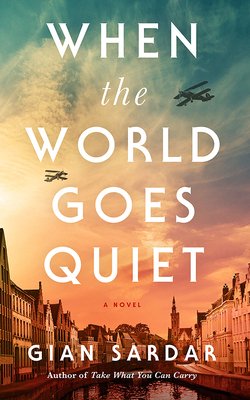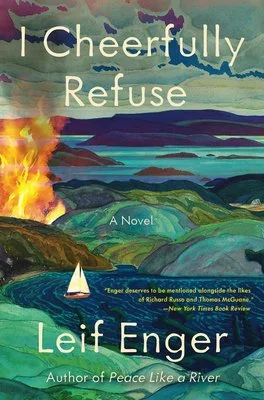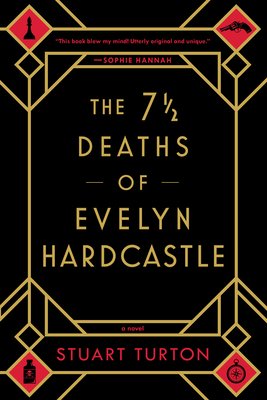“Books are the carriers of civilization. Without books, history is silent, literature dumb, science crippled, thought and speculation at a standstill.” —Barbara Tuchman
I love to speculate. Of course, simple truths are better than grand speculations, but that doesn’t stop me from theorizing thinly and otherwise. Wanna hear my latest supposition? Madeleine L’Engle and Rachel Khong are total soul sisters, separated by a silent generation, baby boomers, and latchkey kids. Someone summon the Newberry winner to pay an ethereal visit to the Real Americans’ author. The prize-winning writers would have a lot to talk about. Surely, L’Engle would have questions about the time-arresting powers of an immigrant family, 3 generations deep. Yes, that says time-arresting. The power to “keep time still” constitutes a wrinkle.
Real Americans chronicles the lives of three family members: Mei, the Chinese-born ambitious geneticist; Lily, her American-born daughter who struggles to find her identity; and Nick, Lily’s biracial boy who’s kept in the dark for years. Ultimately, their family’s saga underscores just how difficult it is to create a culture of belonging. For some, the meaning of home is fuzzy and obscured. It seems Khong and I would agree that choices, more often than not, trump fate. This novel offers a unique view. We “see people blown slightly sideways through life, through unexpected passages that they often choose very quickly.”
Several reviewers have compared Real Americans to Gabrielle Zevin’s Tomorrow and Tomorrow and Tomorrow. I feel like Khong’s story was more ambitious—it took on an awful lot. After all, “The book poses a dizzying array of questions: What does it mean to be American, and who gets to say who is one? How much can we blame our parents for who and what we become? Am I, maybe, racist? When scientists and techies say they can make a better human, should we run the other way?” Oh, and is our luck in life ever really under our control? What is the true meaning of good fortune? These are weighty questions. One thing’s for sure: Real Americans will make you think. Maybe even speculate deeply.
P.S. For the sensitive reader, there are F-bombs on pages and a trace of steamy.
One last thought: This made me want to read Khong’s first novel, Goodbye Vitamin.









